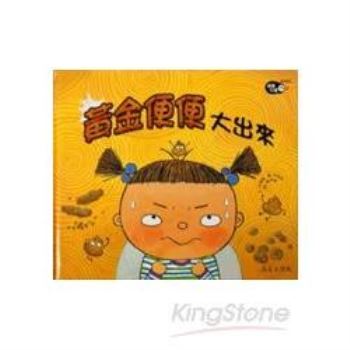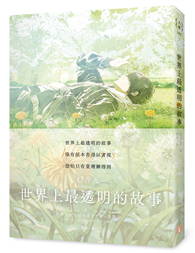In this brisk and accessible history, sinologist Thomas O. Höllmann explains the development of the Chinese writing system and its importance in literature, religion, art, and other aspects of culture. Spanning the earliest epigraphs and oracle bones to writing and texting on computers and mobile phones today, Chinese Script is a wide-ranging and versatile introduction to the complexity and beauty of written text and calligraphy in the Chinese world.
Höllmann delves into the origins of Chinese script and its social and political meanings across millennia of history. He recounts the social history of the writing system; written and printed texts; and the use of writing materials such as paper, silk, ink, brush, and printing techniques. The book sheds light on the changing role of literacy and education; the politics of orthographic reform; and the relationship of Chinese writing to non-Han Chinese languages and cultures. Höllmann explains the inherent complexity of Chinese script, demonstrating why written Chinese expresses meaning differently than oral language and the subtleties of the relationship between spoken word and written text. He explores calligraphy as an art, the early letter press, and other ways of visually representing Chinese languages. Chinese Script also provides handy illustrations of the concepts discussed, showing how ideographs function and ways to decipher them visually.
| FindBook |
有 1 項符合
Chinese Script: History, Characters, Calligraphy的圖書 |
 |
Chinese Script: History, Characters, Calligraphy 作者:Höllmann,Maximiliane(TRN),Thomas O./Donicht 出版社:Columbia Univ Pr 出版日期:2017-11-14 語言:英文 規格:精裝 / 14.6 x 22.2 x 1.9 cm / 普通級 |
| 圖書館借閱 |
| 國家圖書館 | 全國圖書書目資訊網 | 國立公共資訊圖書館 | 電子書服務平台 | MetaCat 跨館整合查詢 |
| 臺北市立圖書館 | 新北市立圖書館 | 基隆市公共圖書館 | 桃園市立圖書館 | 新竹縣公共圖書館 |
| 苗栗縣立圖書館 | 臺中市立圖書館 | 彰化縣公共圖書館 | 南投縣文化局 | 雲林縣公共圖書館 |
| 嘉義縣圖書館 | 臺南市立圖書館 | 高雄市立圖書館 | 屏東縣公共圖書館 | 宜蘭縣公共圖書館 |
| 花蓮縣文化局 | 臺東縣文化處 |
|
|
圖書介紹 - 資料來源:博客來 評分:
圖書名稱:Chinese Script: History, Characters, Calligraphy
|









![圖解 適齡教養 ADHD、亞斯伯格、自閉症[暢銷修訂版] 圖解 適齡教養 ADHD、亞斯伯格、自閉症[暢銷修訂版]](https://media.taaze.tw/showLargeImage.html?sc=14100126329)

